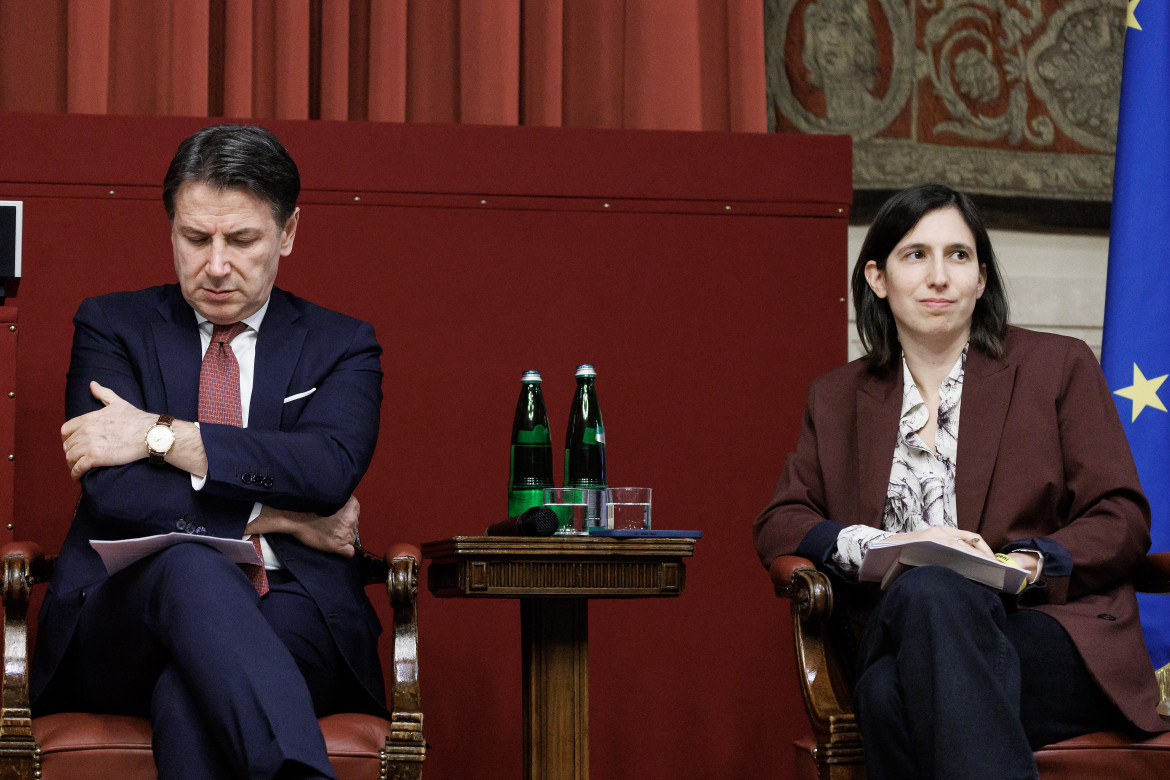Commentary
PD and M5S alliance is inevitable – they can do it the easy way or the hard way
An alliance is a necessary condition for being competitive, but it is neither sufficient nor is it a given, so it must be built out of the search for the basic reasons for being together.

Only three weeks have passed, the counting of ballots in Sardinia has not yet officially ended, but the optimism that the partly unexpected and partly lucky victory in that region had spread among the opposition forces has already disappeared.
The center-left’s mood is back to the usual gloom that has been dominant for the past year and a half, since the right easily won the general election against divided opponents.
It was too easy to delude oneself that the “winds have changed,” which, come to think of it, is the perfect metaphor for parties that have chosen to go sailing with the prevailing wind, deeming it of lesser importance to root themselves in the representation of concrete interests.
On the other hand, it is impossible to underestimate the impact that the defeat in Abruzzo, then the split between the PD and M5S in Piedmont, and then, even worse, the withdrawal on Sunday of a candidacy in Basilicata that lasted all of three days – with five days left until the lists have to be filed – are having on the credibility of the group of forces that opposes, or should oppose, the right.
If there is a moral to be drawn from these three reversals, it is that the building of a broad and unified array of forces in the field to face the one now in government is still a distant prospect.
The regional elections, which take place under a majoritarian system, were the only possible proving ground for alliances, prior to a clash in the European elections where the proportional system encourages parties to run alone.
At this point, it can be said that the test has mostly failed. But one can still hope that this failure will bring about a realization.
There are no easy solutions. One does not move forward with opportunistic choices, there is little use in winning a round while arm-wrestling with one’s ally, and spite and unlimited competition won’t get anybody far.
An alliance is a necessary condition for being competitive, but it is neither sufficient nor is it a given, so it must be built out of the search for the basic reasons for being together. Which, of course, are reasons for doing something in particular, not just against what others are doing.
Do such reasons exist? The question is still open, not least because both the PD and the Left/Greens and M5S – not to mention the centrists, which take a little bit from everybody – have different, even conflicting answers.
If, by an unlikely twist of fate, they were to find themselves in government today, they would have to resort to the atrocious “contract” formula introduced by Conte and Salvini, being far from having shared positions on such non-secondary issues as foreign policy, justice and industrial policy.
Of course, this requires that an alliance be taken seriously as a strategic option – something not to be taken for granted, both at the top of the M5S and within the PD.
The issue should be addressed openly, not hiding the difficulties but offering a pragmatic response to the bottlenecks of the majoritarian electoral law.
Indeed, the real battle that is missing is the one against the voting system that is currently responsible for a democratic deficit that is different in intensity but not in kind from the one that the Prime Minister is announcing.
They might argue about so much else, but the leaderships of the PD and Five Stars are brought together by forgetting the urgency of tearing down the Rosatellum electoral law. For petty convenience, they overlook possible alliances in this battle.
Yet we may soon witness a paradox, namely that the PD and Five Stars will argue less in the campaign for the Europeans, where they’re also running in a proportional all-against-all system, than in the process of putting together coalitions to be run in majoritarian electoral systems.
This, along with the need for political work upstream of any agreements, shows once again that, while union is sometimes strength, forced union is almost always a weakness.
Originally published at https://ilmanifesto.it/lanno-zero-dellalleanza-inevitabile on 2024-03-17
